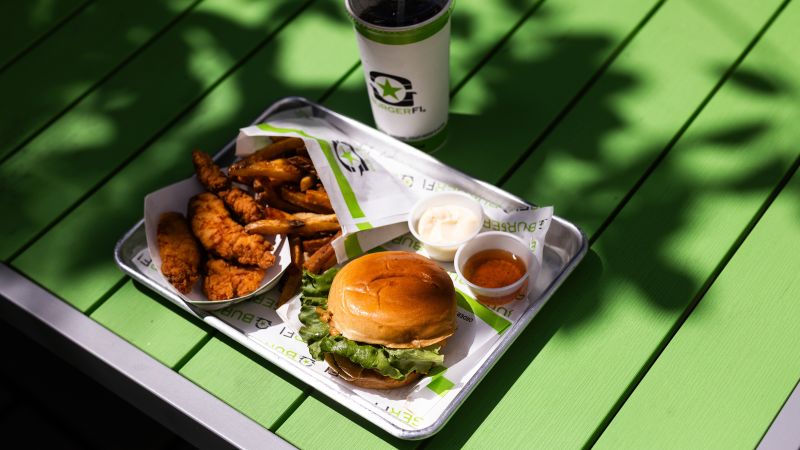BurgerFi, a fast casual chain, filed for Chapter 11 bankruptcy due to financial distress, becoming another casualty of tough business conditions affecting fast casual chains like Rubio’s, Buca di Beppo, and Red Lobster. Other major chains like McDonald’s, Starbucks, Burger King, and Wendy’s have also reported lower sales and foot traffic, leading them to focus on value meal offerings to attract customers. Despite the bankruptcy filing, BurgerFi has stated that all of its corporate locations will continue to operate normally, with franchise-owned locations being exempt from the filing.
Chapter 11 bankruptcy is a common route for struggling businesses in the US to reorganize, shed debt, and save on costs. BurgerFi cited store closures and increased food prices, including a rise in chicken wing prices and higher wages, as key factors contributing to its financial difficulties. The Florida-based chain, which is also the parent company of Anthony’s Coal Fired Pizza, operates 93 burger restaurants and 51 pizza stores. The bankruptcy filing was not unexpected, as the company had warned in August that it was running out of cash and may need to file for bankruptcy in the future.
As of August 14, BurgerFi reported having only $4.4 million on hand and expected to incur a loss of $18.4 million for the quarter ending July 1. This was a significant increase from the $6 million loss reported in the same quarter the previous year. The company estimates its liabilities to be between $100 million and $500 million, with assets totaling only $50 million to $100 million. BurgerFi had previously mentioned a potential bankruptcy filing if it did not receive enough cash from its senior lender or outside providers, leading to the hiring of a chief restructuring officer to oversee the process.
In a statement, the chief restructuring officer of BurgerFi expressed the need to stabilize the business in the face of declining consumer spending, inflation, and rising food and labor costs. The company aims to protect and grow its brands through the bankruptcy process, which will allow for additional capital to continue the operational turnaround initiated less than a year ago. BurgerFi went public in 2020, but its stock has plummeted more than 80% this year, with shares trading at just 14 cents during midday trading on the day of the bankruptcy filing. The company is confident that the restructuring process will enable it to overcome its financial challenges and secure a more stable future for its brands.













